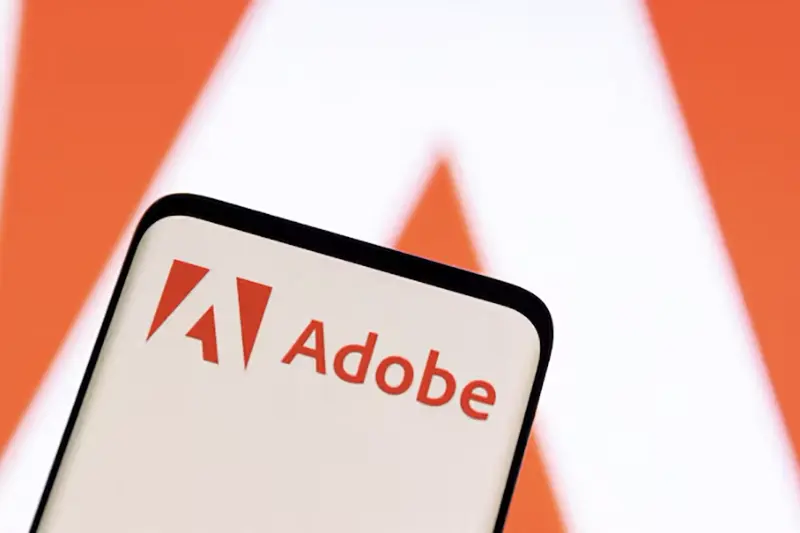By Stephen Nellis
February 25, 2025 – 6:16 AM PST
Advertisement

(Reuters) – Adobe (ADBE.O) said on Tuesday it is bringing its Photoshop app to mobile phones for the first time, offering both a free version and a paid version at the lowest cost yet for the app, at $7.99 per month.
First released in 1990, Adobe’s digital image software is enough of a household name to have become a verb for touching up photos. But it has always cost money, and the lowest-cost version previously was a $9.99 per month subscription for Apple’s (AAPL.O) iPad.
Adobe has now released a free version for Apple’s iPhone, with an Android app coming soon, Adobe executives told Reuters. Adobe will offer a premium version for $7.99 a month that includes more features as well as access to more cloud storage and the web-based version of Photoshop for editing on larger screens.
The move comes as mobile operating systems from Apple and Alphabet’s (GOOGL.O) Google have replicated, for free, many longtime Photoshop features such as adjusting a photo’s colors or removing some distracting objects.
Adobe’s software for creative professionals still makes up more than half of its sales at a time when the company in December gave a 2025 revenue forecast that missed Wall Street expectations.
Deepa Subramaniam, Adobe’s vice president of product marketing for creative professional apps, said the company is focused on courting younger users whose phones are their primary camera and editing device when they need more tools than a phone’s operating system offers.
Even the free version of the Photoshop app will have features such as splitting a photo into separate layers, masking off parts of it and adding text – all of which can be used to create cover shots for podcasts, streaming music playlists or YouTube videos.
“We spent a lot of time and energy testing directly with our target user base, which is the next-generation creator who does a lot on their phone. It is the way that they express personal creativity, and the application is really built for them,” Subramaniam told Reuters.
Reporting by Stephen Nellis in San Francisco; Editing by Leslie Adler
Advertisements below


